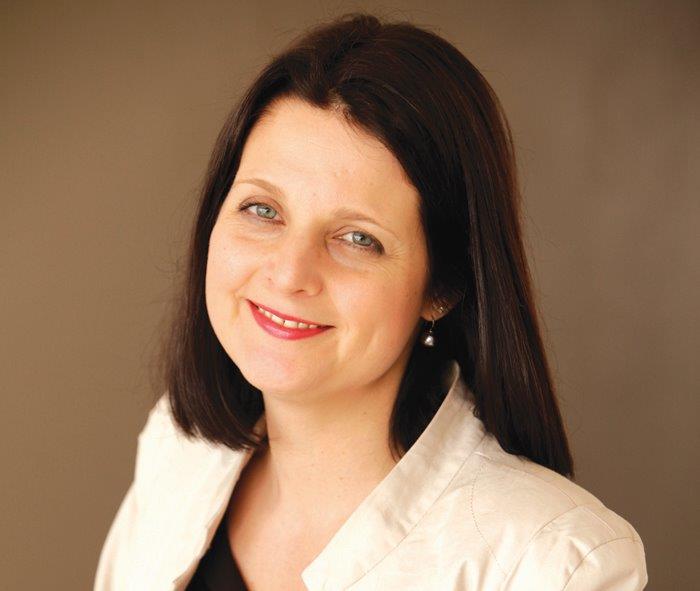Can you identify an event or a time in your childhood that impacted so hugely it defined your life from then on?
Alison Xamon links her passion for mental health and its effect on family members, especially children, to the suicide of her father when she was 11 years old. Alison’s father, Rev Alan Miller, was the minster at Duncraig Uniting Church at the time of his death. His illness and death rocked, and continues to define, Alison’s life – emotionally, intellectually and spiritually.
Today Alison is a lawyer, happily married with three children, and a member of the Star Street congregation. A former member (2009 -2013) of the State Parliament Upper House for the Greens, Alison’s focus is now on advocacy for mental health and suicide prevention. She is president of the WA Association for Mental Health, the peak body for mental health services in this state, and vice-chair of Community Mental Health Australia, a national body. She is also on the board of Mental Health Australia, the peak body nationally, and sits on the Ministerial Council for Suicide Prevention. She is excited to be a co-leader of the newly established Mental Health Network under the auspices of the Department of Health. This network brings together mental health clinicians, NGO’s, carers and mental health consumers and aims to address cultural change and drive the need for mental health reforms.
Given her own experience and the fact she is now a mother, it is not surprising Alison is particularly concerned for the effect on children who have a parent who suicides.
“Well-meaning platitudes do not help,” she said. “Telling a child their father has ‘gone to a better place’ can be deeply distressing. It denies the horror and tragedy of the situation. Instead it must be named for what it is.”
Particularly so in the 1980’s when Alison had to cope with the loss of her father, but still today, there is very poor understanding of how best to support a family in the aftermath of a suicide, and of how children respond to grief. Children grow and their needs at one age can be quite different to their needs a few years further on. Because they accepted and understood as much as they could at say, age three, it does not mean they will not need to revisit the grief and personal distress they feel at 12 years, or 15 or 25.
“Our support strategies must be ongoing,” said Alison.
Arising from her own experience, Alison’s passion is to see the development of postvention services for the children of parents who suicide. But she also wants to see a dramatic improvement in he delivery of all mental health services and the encouragement of more positive attitudes towards mental illness.
“We have to try to get across to those at risk that suicide is never the answer,” Alison said. “They need to be helped to see it is a fallacy their family will be better off without them. The fact is, their suicide will have a lifelong effect on those left behind. My father’s suicide happened a long time ago for most people, but not for my family.”
Alison is keen to acknowledge how a church community can play a vital and important role in supporting people in mental distress and their families.
“Those who live with severe mental illness,” she said, “may be estranged from their families and isolated from the community. The church may be the only place they feel accepted. For someone who feels completely rejected everywhere, but who is exposed to a loving God and reassured they are loved, it could be the only time and place they feel important.”
But she warns congregations must not try to be a substitute for professional health services. As a family will fully support a member with a physical illness but will leave the treatment and therapy to the doctors and trained medical staff, so must a congregation. Their role is to be a loving, embracing and accepting community – not to provide services.
“Too often people can be well-meaning but actually unhelpful,” Alison adds. “Doing things for people takes away any opportunity they may have to help themselves. People with mental illness must be allowed to develop a sense of their own capacity.”
Alison praised the work being done under the auspices of the Uniting Church.
“I am very proud of UnitingCare West. They take on the really difficult issues and don’t shy away from them.”
Alison’s advocacy for mental health is not her only contribution to the community. In her professional life she works as a lawyer with CASE for Refugees.
“I find it very interesting,” she said. “I love the people I work with. They are all really good people, and very committed. All of them are either volunteers or earn very little. It’s a great centre. The work also has some disturbing overlap with my mental health work, particularly for those clients who have been through our detention centres.”
Alison does not minimise the hardship and distress of her father’s suicide, but that tragedy has defined her life and lead her to the path she is pursuing.
Judith Amey
